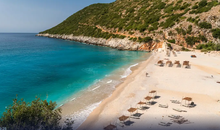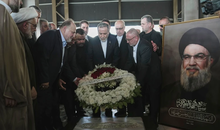
 Flash News
Flash News
The US is involved in the war, why did Trump take the risk of attacking Iran?
Bosnian tourist drowns in Durres
Massive accident on the Librazhd-Qukas axis, 3 injured, one in critical condition
An apartment in Yzberisht is engulfed in flames
Robbed a jeweler in Gjirokastra in 2021, 45-year-old extradited from Greece (NAME)
"The Guardian" analysis: Serbia, a captured state fueling conflicts. How is he "tolerating" Vucic?
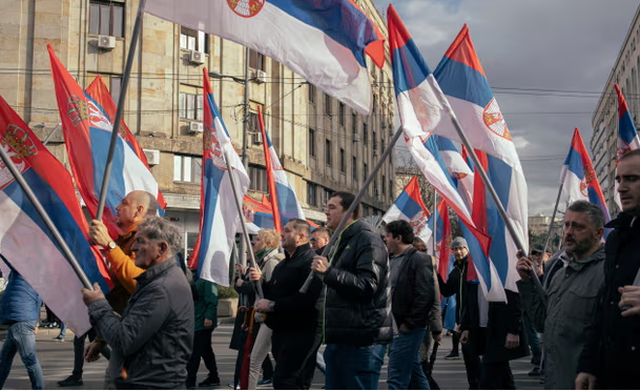
According to the president of Serbia, Aleksandar Vucic, the country's last parliamentary elections were the "cleanest and most honest" in its history. They were also a triumph for his Serbian Progressive Party (SNS), which won by a landslide.
But the Organization for Security and Cooperation in Europe had a different attitude.
The December 17 survey on the last elections in Serbia showed that the process was conducted in "unfair conditions", damaged by "bias in the media, pressure on public sector employees and misuse of public resources", writes 'The Guardian' . Cases of "serious irregularities" were noted, including vote-buying. Other allegations were made that Bosnian Serbs were bussed en masse to vote through fraud.
The erosion of democratic norms and the rule of law in Serbia has gradually accelerated since the SNS took power over a decade ago – a textual process of state capture overseen by the president since 2017. An autocratic nationalist, the political instincts of forged in the Milosevic era, Vucic also uses his power and influence to foment discord in the Western Balkans, where ethnic Serb secessionist campaigns are backed by Belgrade. But the ambition to draw Serbia into the EU's orbit – and away from Russian influence – has tempered Western criticism to a compromising degree, especially since the invasion of Ukraine.
This lenient approach may end soon. Days of demonstrations followed the disputed election, building on a growing protest movement against Vucic that began in the summer. Last weekend, tens of thousands gathered in a Belgrade square, too, to oppose the rule of Slobodan Milosevic and called for a largely silent Europe to support their cause. In a sign of where the government's instinctive sympathies lie, Mr. Vucic's prime minister, Ana Bnrabic, thanked Russia for providing alleged evidence that the protests were orchestrated in the west.
Intimations of renewed regional conflict promise to force a harder line in Brussels and Washington. In November, Mr Vučić ominously predicted that 2024 would bring "much more conflict and turmoil" in both Kosovo and Republika Srpska - the ethnic Serb entity in Bosnia and Herzegovina. In the latter, Bosnian Serb separatist leader Milorad Dodik has threatened to tear up the 1995 Dayton peace accords in the name of Serbian national unity. In Kosovo - whose independence Belgrade continues to refuse to recognize - serious outbreaks of conflict in the ethnic Serb north have raised fears of a future secession attempt.
Hopes that the prospect of EU membership will convince the Serbian government to adhere to democratic norms in the country and to refrain from undermining neighboring states have proved unfounded. But the strategic goal of isolating Russia – also unfulfilled – means the West continues to allow Mr Vucic to pursue his authoritarian, ethno-nationalist agenda.
As one of the main investors in Serbia's growing economy, the EU is viewed favorably by much of the population and has the economic and diplomatic power to decide if it wants to. So far, it has chosen not to, through an understandable fear – shared by the Joe Biden administration – of leaving the Balkans even more open to the influence of Moscow and Beijing. But as he entrenches himself further into the EU's eastern backyard, treating Mr. Vucic as some kind of prodigal son who will eventually mend his ways isn't working.
Latest news


Sterilization PPP nears closure, real cost 53% more than contract
2025-06-23 08:19:00
Gunshot wound in Shkodra, perpetrator flees
2025-06-23 08:04:44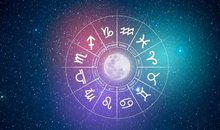
Horoskopi, çfarë kanë rezezervuar yjet për ju sot
2025-06-23 07:50:28
Temperatures up to 36 degrees, weather forecast for today
2025-06-23 07:40:11
Morning Post/ In 2 lines: What mattered yesterday in Albania
2025-06-23 07:22:30
Krim brenda familjes në Greqi, 61-vjeçari vret prindërit e tij të moshuar
2025-06-22 21:57:48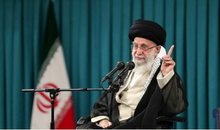
US airstrikes/ Iran warns: The game is not over!
2025-06-22 21:29:22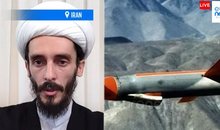

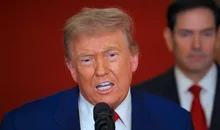
The US is involved in the war, why did Trump take the risk of attacking Iran?
2025-06-22 20:28:22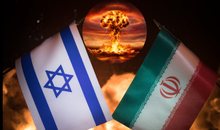
Israel-Iran conflict increases global tensions: Is the Albanian economy at risk?
2025-06-22 20:02:04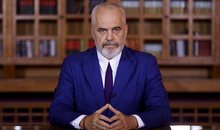
The US bombed Iran/ Rama: I support Trump's sincere efforts!
2025-06-22 19:40:21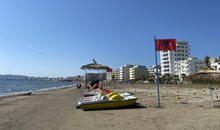
Bosnian tourist drowns in Durres
2025-06-22 19:05:48
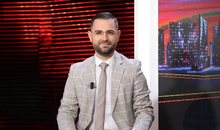
The 10 strongest criticisms of the PACE report on the May 11 elections!
2025-06-22 18:41:21
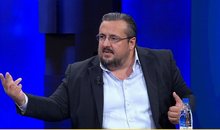
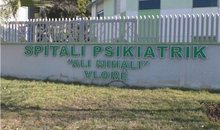
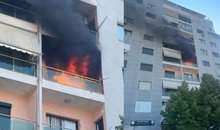
An apartment in Yzberisht is engulfed in flames
2025-06-22 17:32:13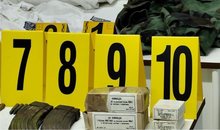
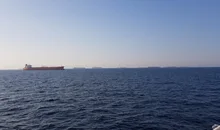
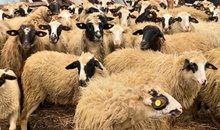
Rinderpest/ The number of outbreaks rises to 10, here are the affected districts
2025-06-22 16:25:12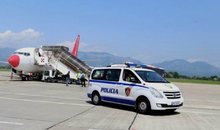
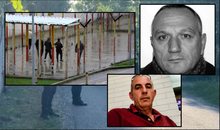
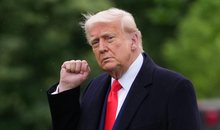
"Trump has opened Pandora's box"
2025-06-22 15:10:04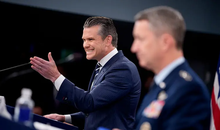
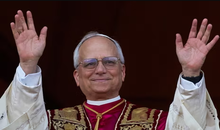
Pope Leo XIV: Stop the tragedy of war before it becomes an irreparable abyss
2025-06-22 14:24:22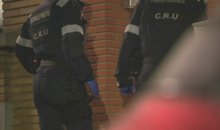
Criminal group busted in Belgium, 10 Albanians among those arrested
2025-06-22 14:00:58
Cities race for tourists, Tirana cheapest, but busiest
2025-06-22 13:35:53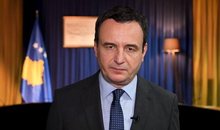
Kurti supports US strike: International security needs fewer nuclear weapons
2025-06-22 13:18:54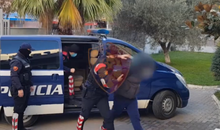
Selling drugs in the former Bllok, 23-year-old arrested
2025-06-22 12:57:58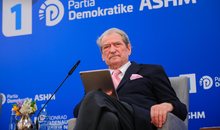
Berisha supports US strike on Iran: Strong call for overthrow of dictatorship
2025-06-22 12:39:35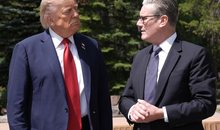
Starmer supports US attack on Iran, calls on Tehran to return to negotiations
2025-06-22 12:20:56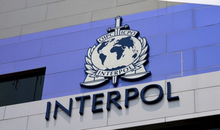
Sentenced to 8 years in prison in Italy, 33-year-old Albanian arrested
2025-06-22 11:54:45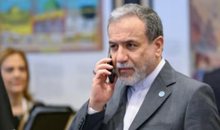
Iran condemns US attack on nuclear facilities, warns of consequences
2025-06-22 11:34:21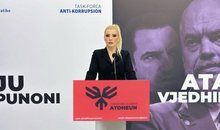
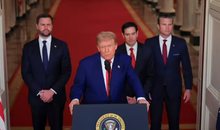
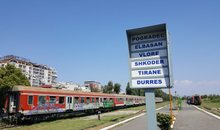
Albanian Railways is affected by collective staff cuts
2025-06-22 10:46:46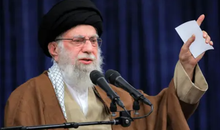
The US has changed the course of the conflict - how will Iran respond?
2025-06-22 10:24:26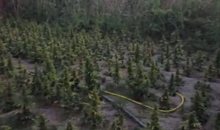
Cannabis in drainage canals, 48-year-old arrested in Fier
2025-06-22 10:06:41
Albanians 'invade' New York, thousands march in the Red and Black parade
2025-06-22 09:44:26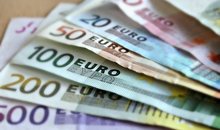
Foreign exchange, the rate at which foreign currencies are sold and bought
2025-06-22 09:27:27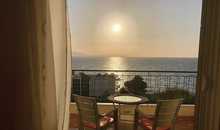
Is it worth buying an apartment to rent out?
2025-06-22 09:12:40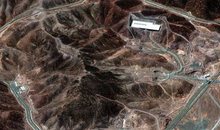
US bombs Iran, hits three Tehran nuclear sites
2025-06-22 08:53:08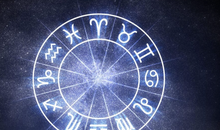
Horoscope, what do the stars have in store for you today?
2025-06-22 08:35:50
Weather forecast/ How temperatures will change during the day
2025-06-22 08:20:43
Morning Post/ In 2 lines: What mattered yesterday in Albania
2025-06-22 08:00:29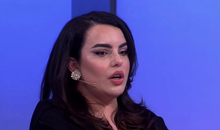
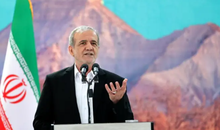
Iranian President: We will not stop nuclear program
2025-06-21 21:46:32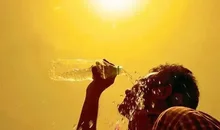
Europe hit by first heat wave: Up to 40°C expected this weekend
2025-06-21 21:19:19
Borussia Dortmund claim first win in Club World Cup
2025-06-21 20:56:04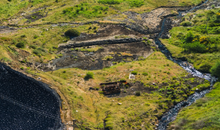

Accident on the Puka-Shkodra axis, two injured
2025-06-21 20:05:04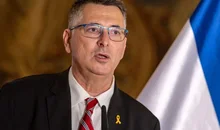
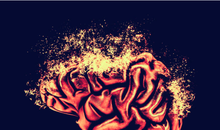
ChatGPT can damage your brain, here's what the study says
2025-06-21 19:20:25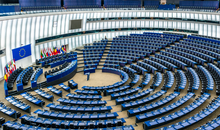
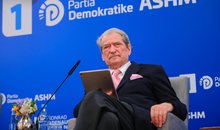
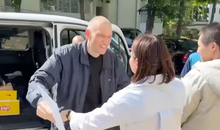
Belarus opposition leader released after five years in prison
2025-06-21 18:22:57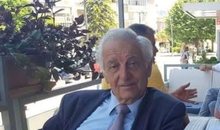
Renowned journalist and teacher in Korça, Vehbi Furxhi, passes away
2025-06-21 18:06:16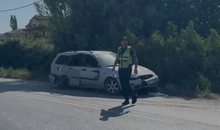
Accident in Fier-Levan, two injured
2025-06-21 17:43:25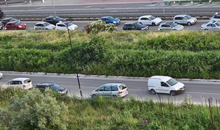
Tourism in traffic, when roads undo success
2025-06-21 17:25:31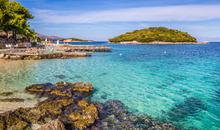

Broja on the verge of leaving Chelsea, 4 teams in talks for midfielder
2025-06-21 16:42:02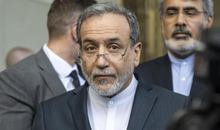
Iran confirms death of tenth nuclear scientist
2025-06-21 16:24:28
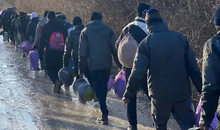
The Balkans as a warehouse for migrants?
2025-06-21 15:49:53
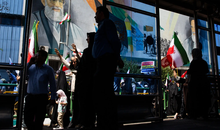
Khamenei names potential successors if he is killed
2025-06-21 15:10:58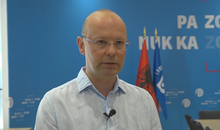
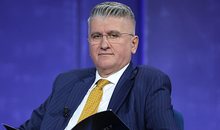

Memli Krasniqi re-elected as PDK chairman
2025-06-21 14:29:12

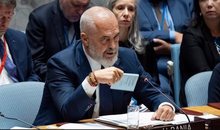

Israel says it has eliminated another top Iranian commander
2025-06-21 12:43:26
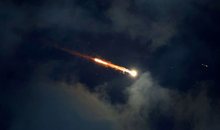
Iran and Israel exchange new attacks, Tehran rejects talks with the US
2025-06-21 12:00:20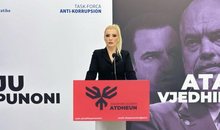
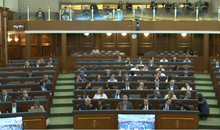
The impasse continues, the constitution of the Assembly fails for the 35th time
2025-06-21 11:14:23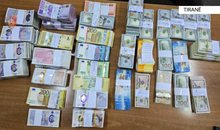
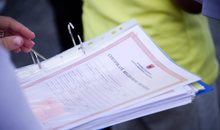
Report: Cadastre ignores Parliament and ALSAI recommendations
2025-06-21 10:35:59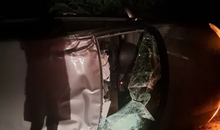
Car loses control on Tepelena-Kelcyrë road, driver injured
2025-06-21 10:14:47
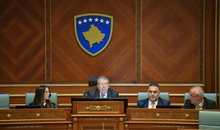
It failed 34 times, today a new attempt to constitute the Kosovo Assembly
2025-06-21 09:37:02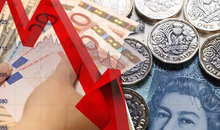
Foreign exchange, June 21, 2025
2025-06-21 09:17:10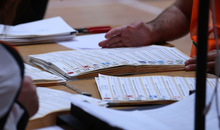


With temperatures up to 35 degrees, check out today's weather forecast
2025-06-21 08:15:54
Morning Post/ In 2 lines: What mattered yesterday in Albania
2025-06-21 07:58:20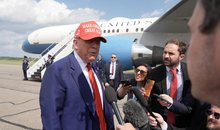
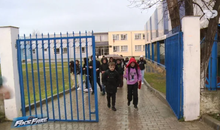
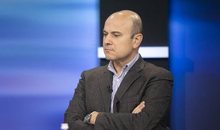
Dance with the mask of evil
2025-06-20 21:11:50
Matura 2025, Albanian Language and Literature exam grades published
2025-06-20 20:40:37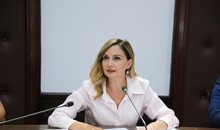
Tabaku: Albania has African wages and European prices
2025-06-20 20:33:02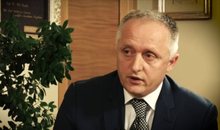
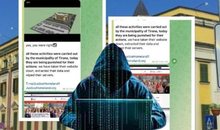
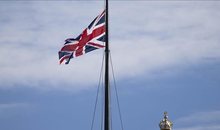
UK temporarily withdraws embassy staff from Iran
2025-06-20 19:16:02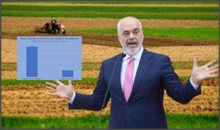
How Albania became the country with the highest cost of living
2025-06-20 18:49:11